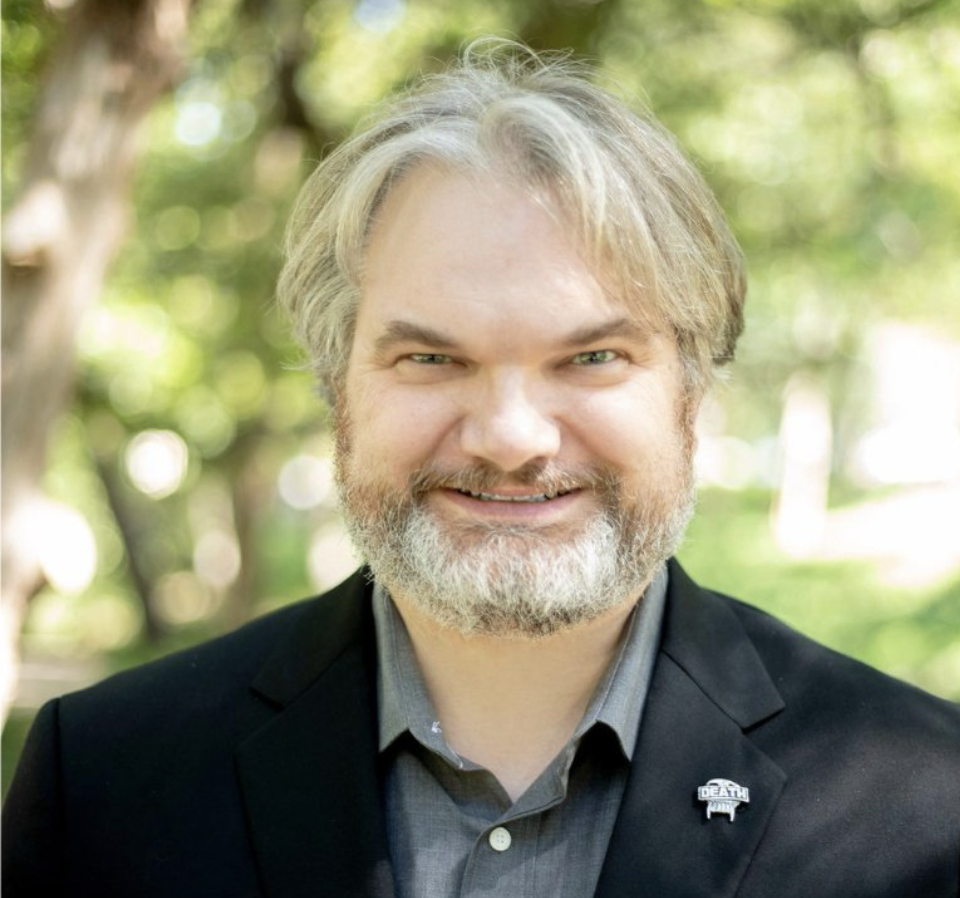A new study finds that American doctors are withholding potentially life-saving information from patients who smoke, in part because of a lack of guidance from the Food and Drug Administration.
Smoking rates among U.S. adults have plummeted over the past half-century — from 42 percent in 1965 to about 12 percent today, according to the Centers for Disease Control and Prevention.
However, cigarettes are still linked to 480,000 deaths each year. Treating cigarette-related illnesses costs Americans more than $240 billion in annual health care spending.
That is why many public health professionals have made ending cigarette smoking a top priority: getting smokers to put down cigarettes and pick up other nicotine products — vapes, pouches, heat-not-burn technology like IQOS, and so on. Data show those alternatives pose far less health risk than traditional cigarettes.
That is the science behind Health and Human Services Secretary Robert F. Kennedy Jr.’s comments about pouches and vapes.
“Nicotine pouches are probably the safest way to consume nicotine, with vapes being second,” Kennedy said. “But the thing we really want to get away from are cigarettes.”
According to a survey of 1,565 medical professionals conducted by Povaddo Research and funded by Philip Morris International, it’s a message his agency needs to deliver to doctors.
The survey found that nearly half (47 percent) of doctors, nurses, and other frontline health care providers believe nicotine causes cancer. That includes 59 percent who treat a significant number of smokers.
As the report noted, “If medical professionals mistakenly believe nicotine is what makes smoking so harmful, they may be hesitant to suggest that patients who don’t wish to quit at least switch to a nicotine-containing alternative that, although addictive and not risk-free, has been shown to be a far better choice for adults than continued cigarette use.”
The data appear to bolster those fears. Just 21 percent of medical professionals say they “always” talk about smoke-free alternatives to their cigarette-smoking patients, while 45 percent say they only have those conversations “sometimes.”
The result, public health professionals say, is more smokers remaining smokers — and the illnesses and deaths that follow.
“The confusion — read ‘ignorance’ — among health care professionals about the role of nicotine in health is shocking and dangerous,” said Dr. Henry I. Miller, a former FDA official. “There is a widespread misperception among them that the nicotine in cigarettes and smoke-free products is a carcinogen, but it is not.
“This is invaluable information that health care professionals, from physicians on down the medical food chain, need to learn in order to provide patients with accurate, risk-reducing guidance about smoke-free alternatives to cigarettes.”
Advocates for moving smokers to pouches and other products are getting pushback from activist groups that support a total-prohibition approach to tobacco and nicotine. The Campaign for Tobacco-Free Kids, a prohibitionist organization, denounced the FDA’s decision to authorize the marketing of Zyn nicotine pouch products in January. They note that the new study was funded by PMI, which owns Zyn.
But Dr. Michael Siegel, a professor of public health and community medicine at Tufts University School of Medicine, says that criticism gets the issue backward. He calls it “tragically ironic” that PMI — and not organizations like the American Lung Association — is encouraging smokers to put down their cigarettes.
“Sadly, there is currently no place for this harm-reduction attitude within the mainstream of tobacco control or public health,” Siegel said.
The unfortunate consequence, he added, is that the “all nicotine is equally bad” message “is resonating with physicians and these organizations are misleading physicians into thinking that e-cigarettes are equally as harmful as real tobacco cigarettes.”
The solution, according to public health experts and the study’s findings, is for the FDA to take the lead on educating America’s medical professionals.
The Povaddo study found that 86 percent of respondents trust the FDA as a source of information about tobacco and nicotine products, as well as the science behind them. A similar number (93 percent) said there needs to be reform at the FDA to appropriately regulate smoke-free alternatives. And 68 percent want clear guidance on how to advise patients about them.
If the FDA will lead, advocates say, doctors will follow — and more smokers will get the treatment they need.
But as long as the FDA and activist groups treat vaping, pouches and other lower-risk alternative products the same as cigarettes, progress will be slowed.
“The public health mainstream is more concerned about youth ripping cherry vapes than about smokers dying from lung cancer,” Siegel said.


